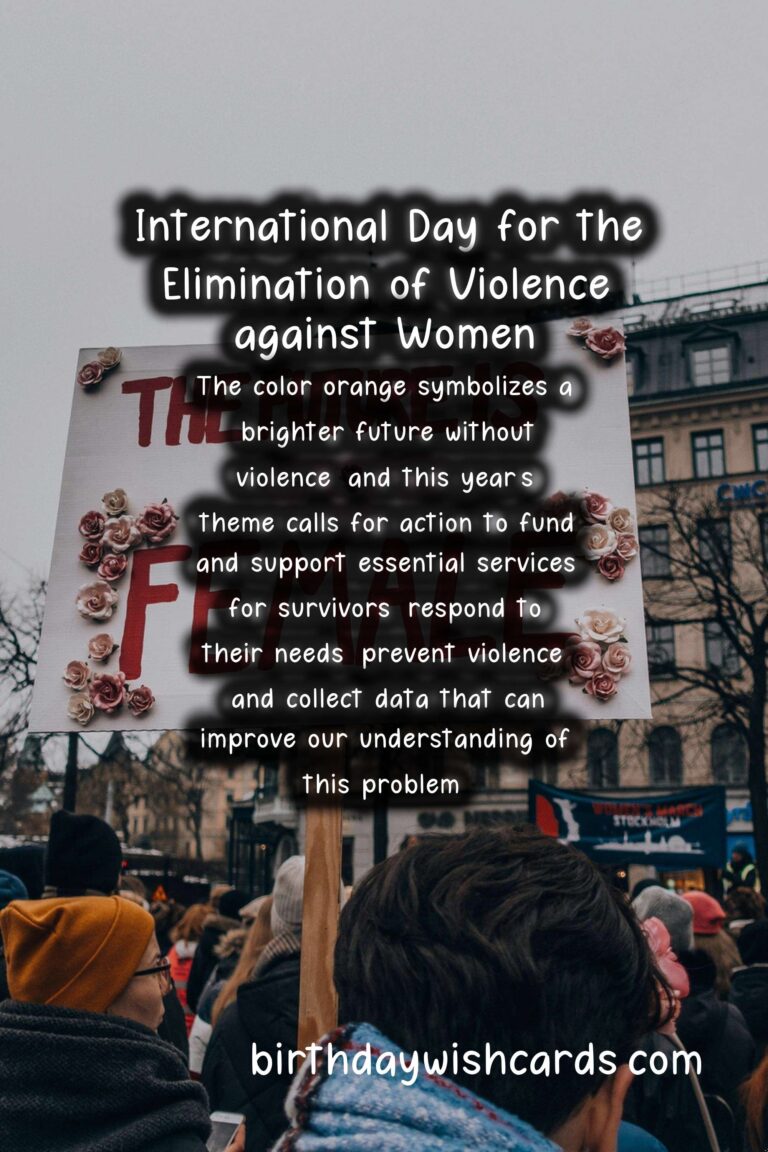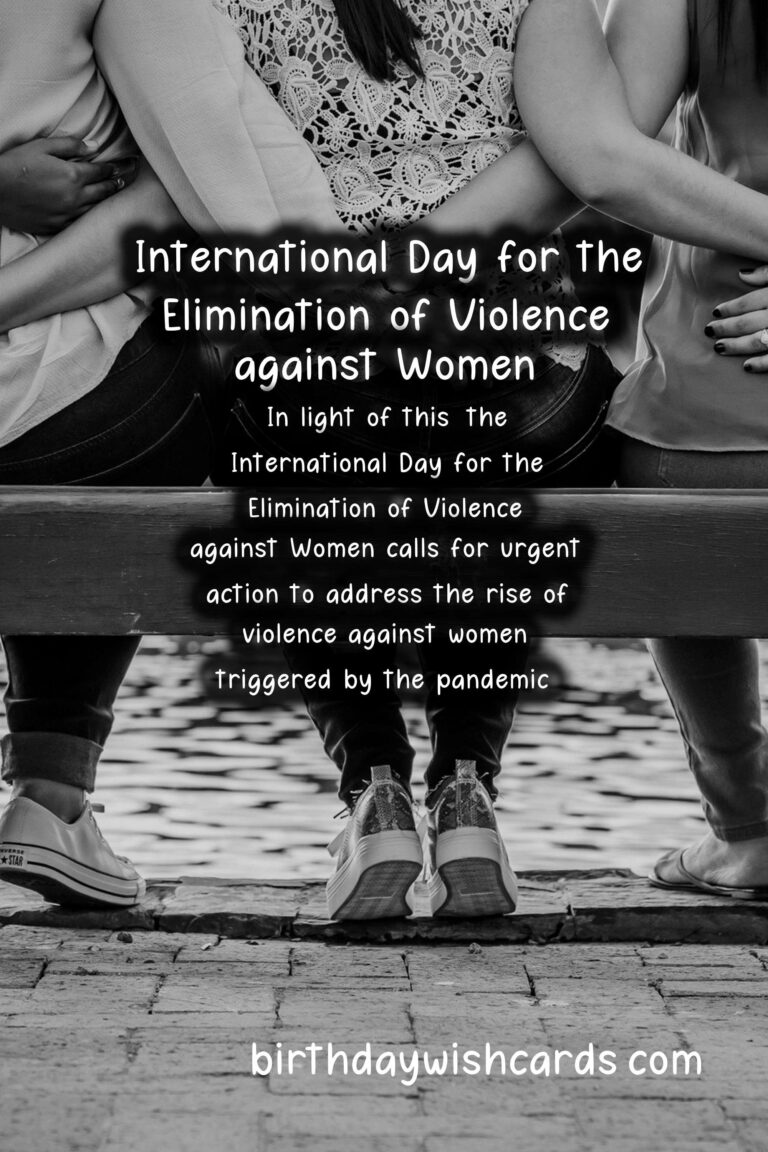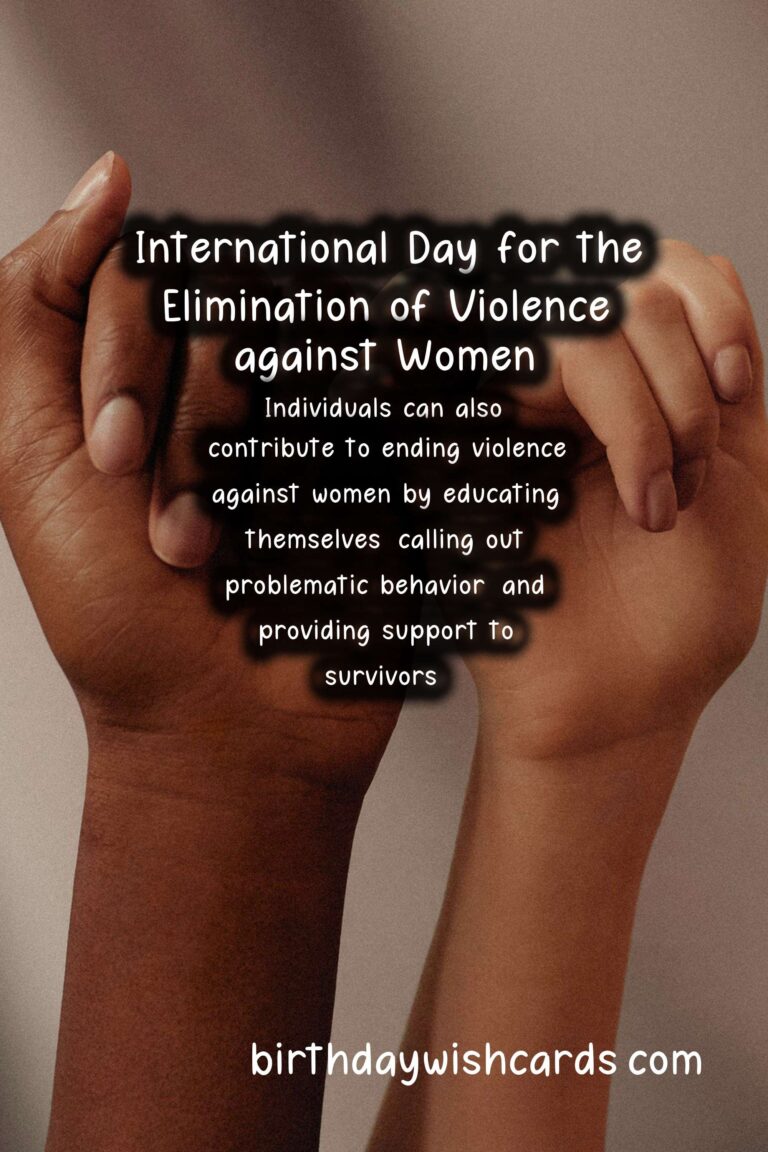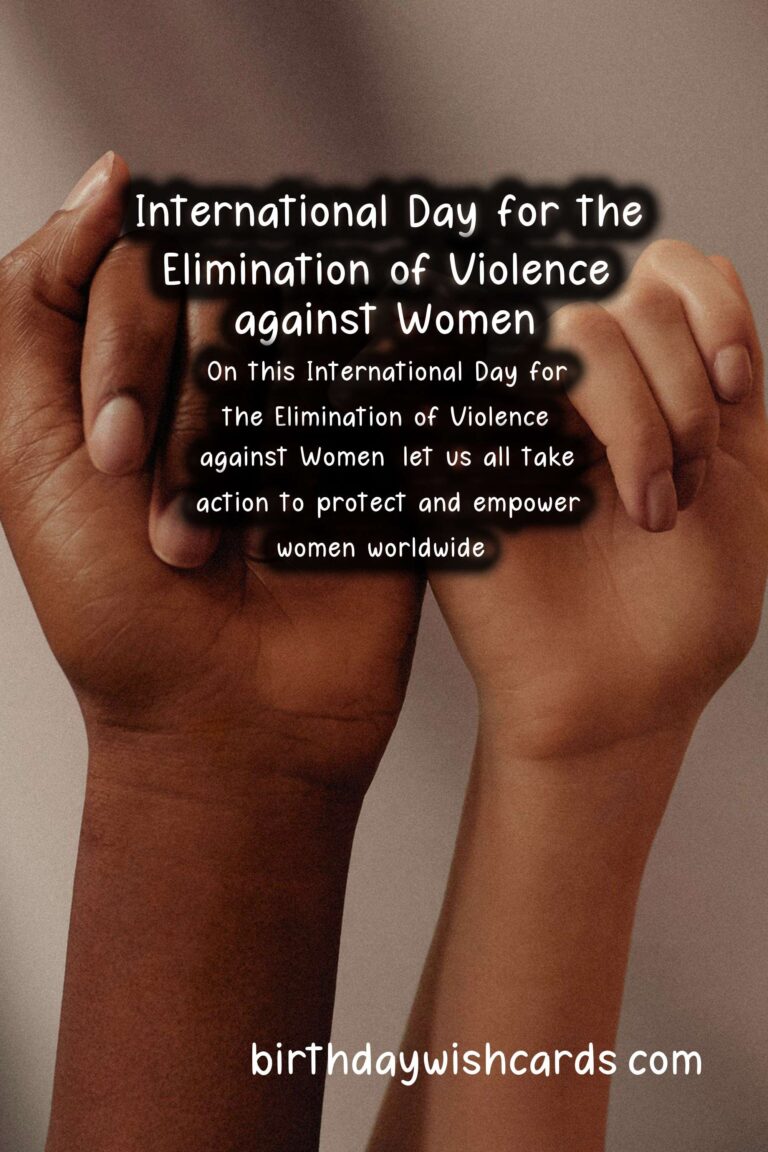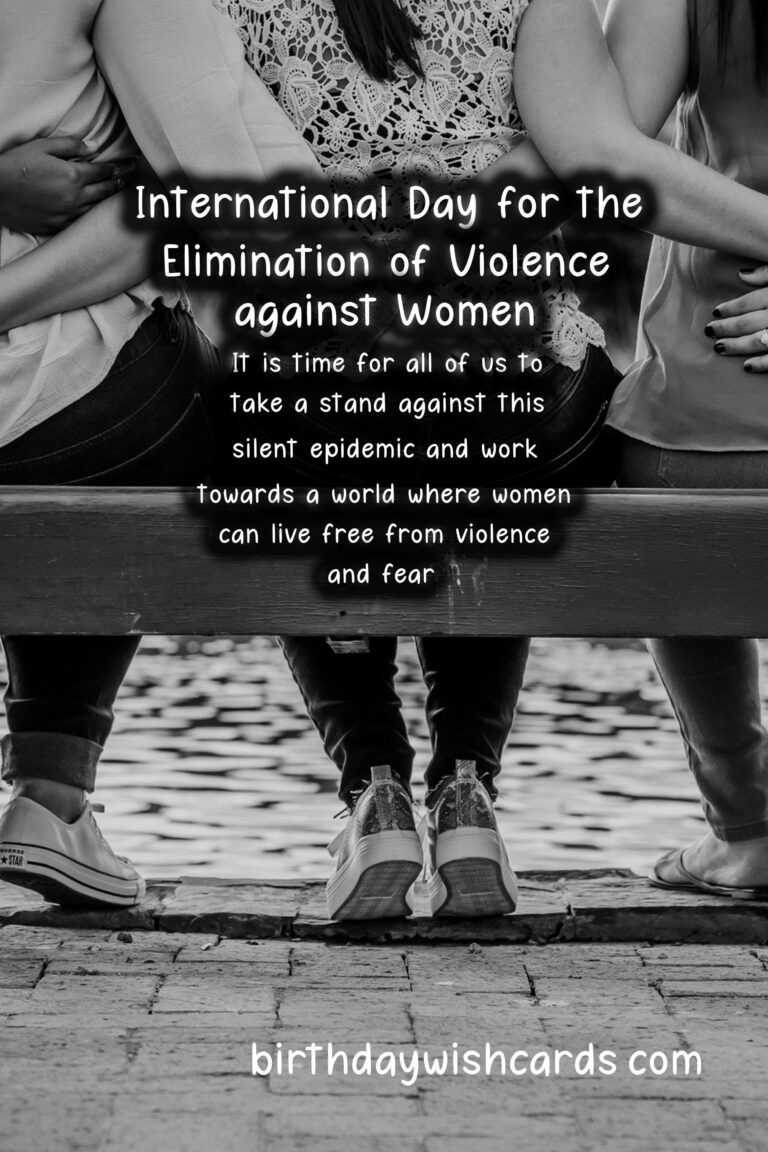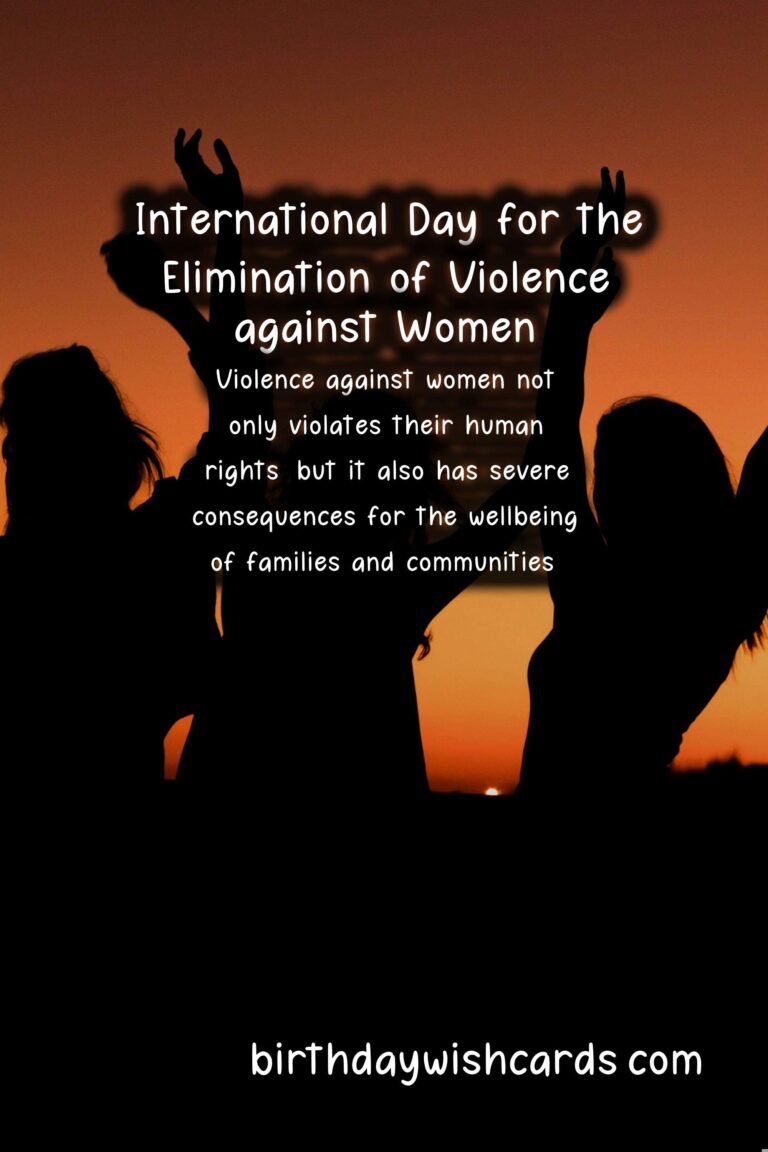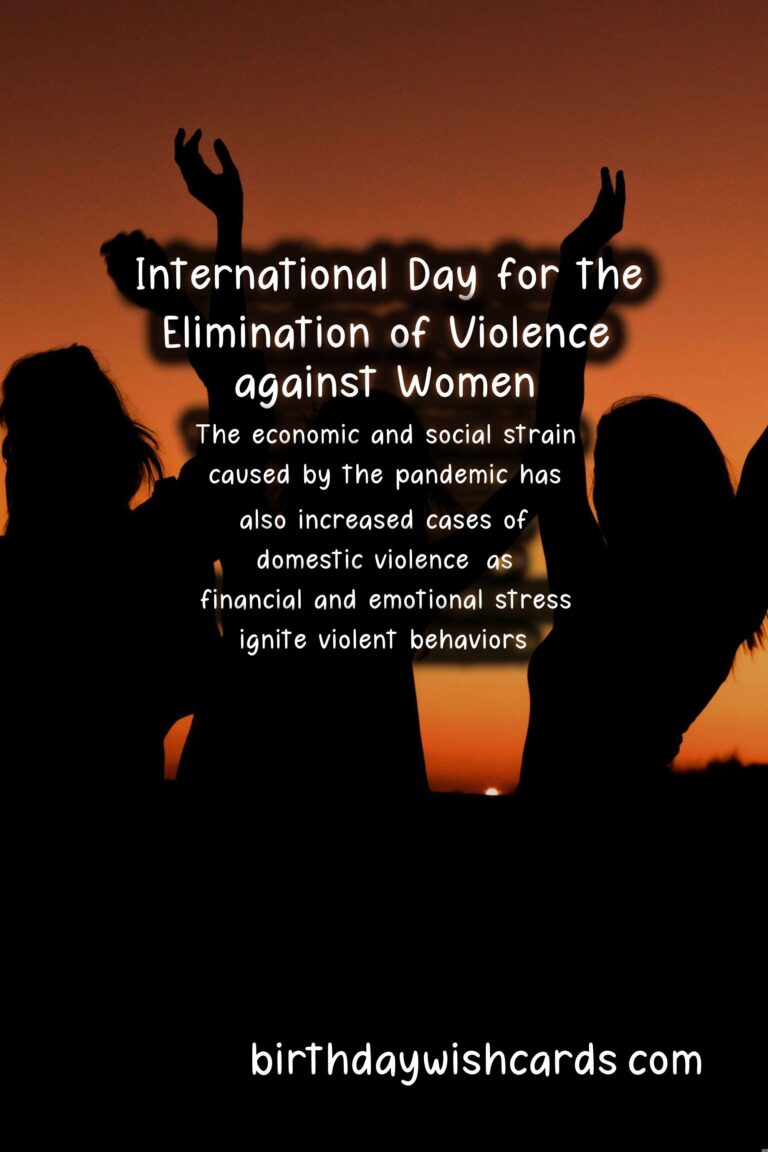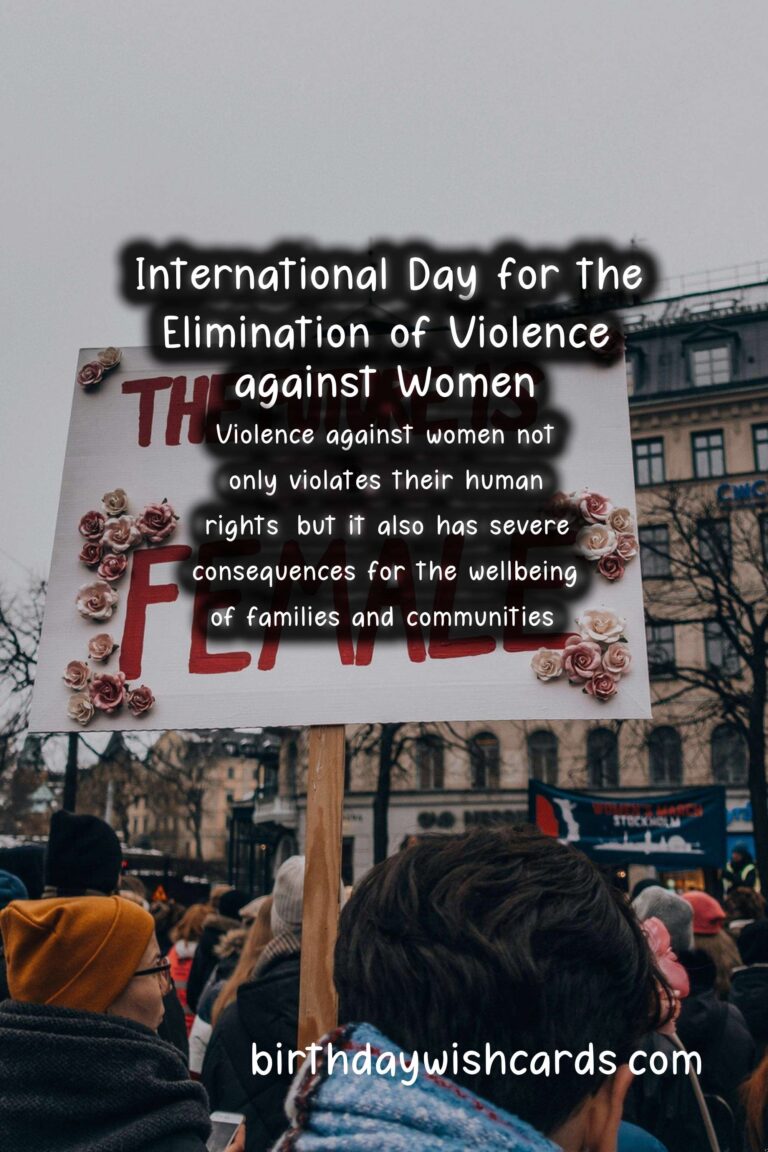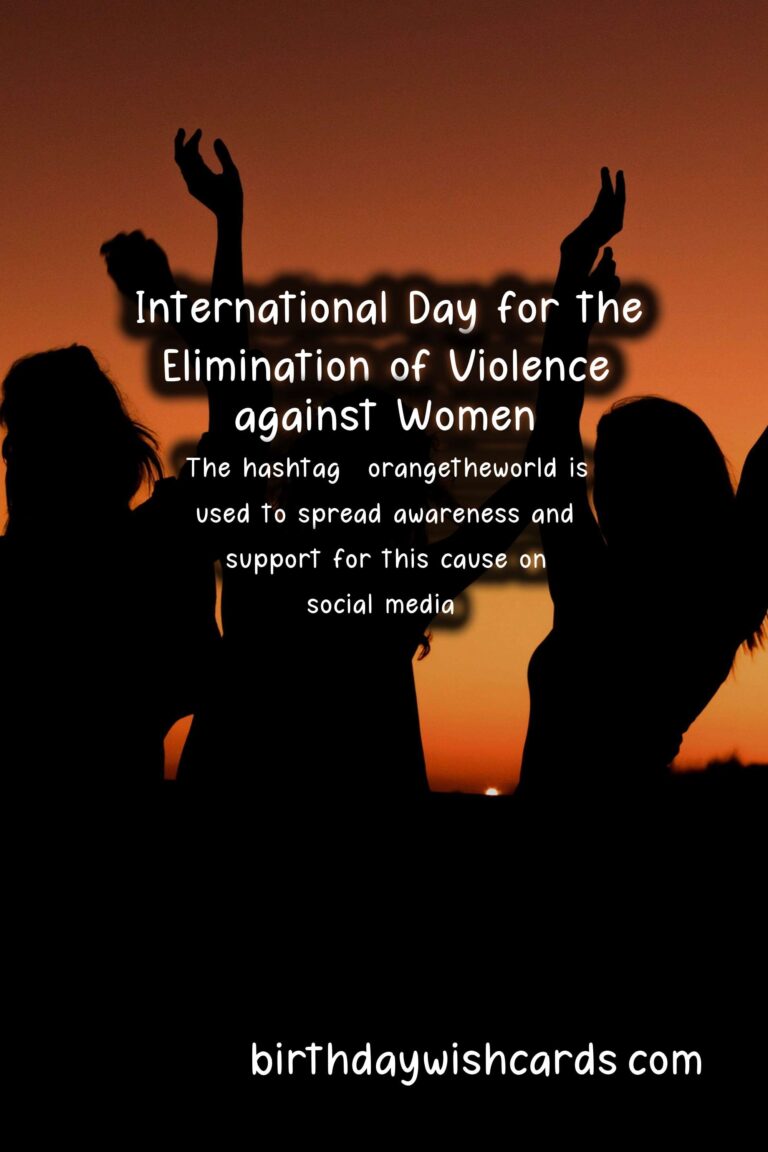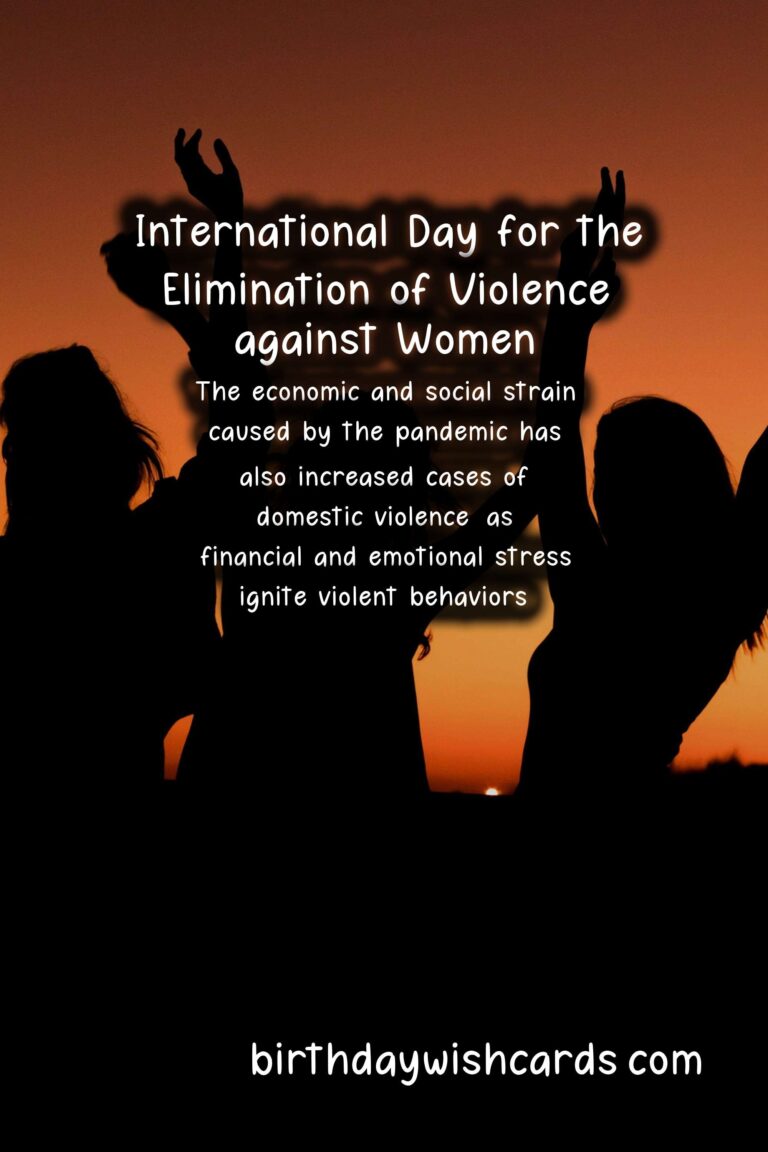 November 25 marks the International Day for the Elimination of Violence against Women, a global observance dedicated to raising awareness and taking action against one of the most pervasive forms of human rights violation. This day was designated by the United Nations General Assembly in 1999, but the issue of violence against women has been a long-standing one. Despite movements and progress towards gender equality and empowerment, violence against women continues to persist in all corners of the world. From physical, emotional, and sexual abuse to harmful cultural practices, women face a range of violations solely because of their gender. Violence against women is a universal issue that affects women of all ages, races, and backgrounds. At least 1 in 3 women worldwide have experienced some form of physical and/or sexual violence in their lifetime. This year, the theme for the International Day for the Elimination of Violence against Women is ‘Orange the World: Fund, Respond, Prevent, Collect!’ The color orange symbolizes a brighter future without violence, and this year’s theme calls for action to fund and support essential services for survivors, respond to their needs, prevent violence, and collect data that can improve our understanding of this problem. The COVID-19 pandemic has exacerbated the issue of violence against women, with lockdowns and quarantines trapping them in dangerous situations. Many services for survivors, such as hotlines, shelters, and counseling centers, have been disrupted due to the pandemic. The economic and social strain caused by the pandemic has also increased cases of domestic violence, as financial and emotional stress ignite violent behaviors. In light of this, the International Day for the Elimination of Violence against Women calls for urgent action to address the rise of violence against women triggered by the pandemic. The hashtag is used to spread awareness and support for this cause on social media. Violence against women not only violates their human rights, but it also has severe consequences for the wellbeing of families and communities. It is time for all of us to take a stand against this silent epidemic and work towards a world where women can live free from violence and fear. Governments must prioritize and fund essential services for survivors, along with prevention programs and data collection efforts. Individuals can also contribute to ending violence against women by educating themselves, calling out problematic behavior, and providing support to survivors. On this International Day for the Elimination of Violence against Women, let us all take action to protect and empower women worldwide.
November 25 marks the International Day for the Elimination of Violence against Women, a global observance dedicated to raising awareness and taking action against one of the most pervasive forms of human rights violation. This day was designated by the United Nations General Assembly in 1999, but the issue of violence against women has been a long-standing one. Despite movements and progress towards gender equality and empowerment, violence against women continues to persist in all corners of the world. From physical, emotional, and sexual abuse to harmful cultural practices, women face a range of violations solely because of their gender. Violence against women is a universal issue that affects women of all ages, races, and backgrounds. At least 1 in 3 women worldwide have experienced some form of physical and/or sexual violence in their lifetime. This year, the theme for the International Day for the Elimination of Violence against Women is ‘Orange the World: Fund, Respond, Prevent, Collect!’ The color orange symbolizes a brighter future without violence, and this year’s theme calls for action to fund and support essential services for survivors, respond to their needs, prevent violence, and collect data that can improve our understanding of this problem. The COVID-19 pandemic has exacerbated the issue of violence against women, with lockdowns and quarantines trapping them in dangerous situations. Many services for survivors, such as hotlines, shelters, and counseling centers, have been disrupted due to the pandemic. The economic and social strain caused by the pandemic has also increased cases of domestic violence, as financial and emotional stress ignite violent behaviors. In light of this, the International Day for the Elimination of Violence against Women calls for urgent action to address the rise of violence against women triggered by the pandemic. The hashtag is used to spread awareness and support for this cause on social media. Violence against women not only violates their human rights, but it also has severe consequences for the wellbeing of families and communities. It is time for all of us to take a stand against this silent epidemic and work towards a world where women can live free from violence and fear. Governments must prioritize and fund essential services for survivors, along with prevention programs and data collection efforts. Individuals can also contribute to ending violence against women by educating themselves, calling out problematic behavior, and providing support to survivors. On this International Day for the Elimination of Violence against Women, let us all take action to protect and empower women worldwide. 
